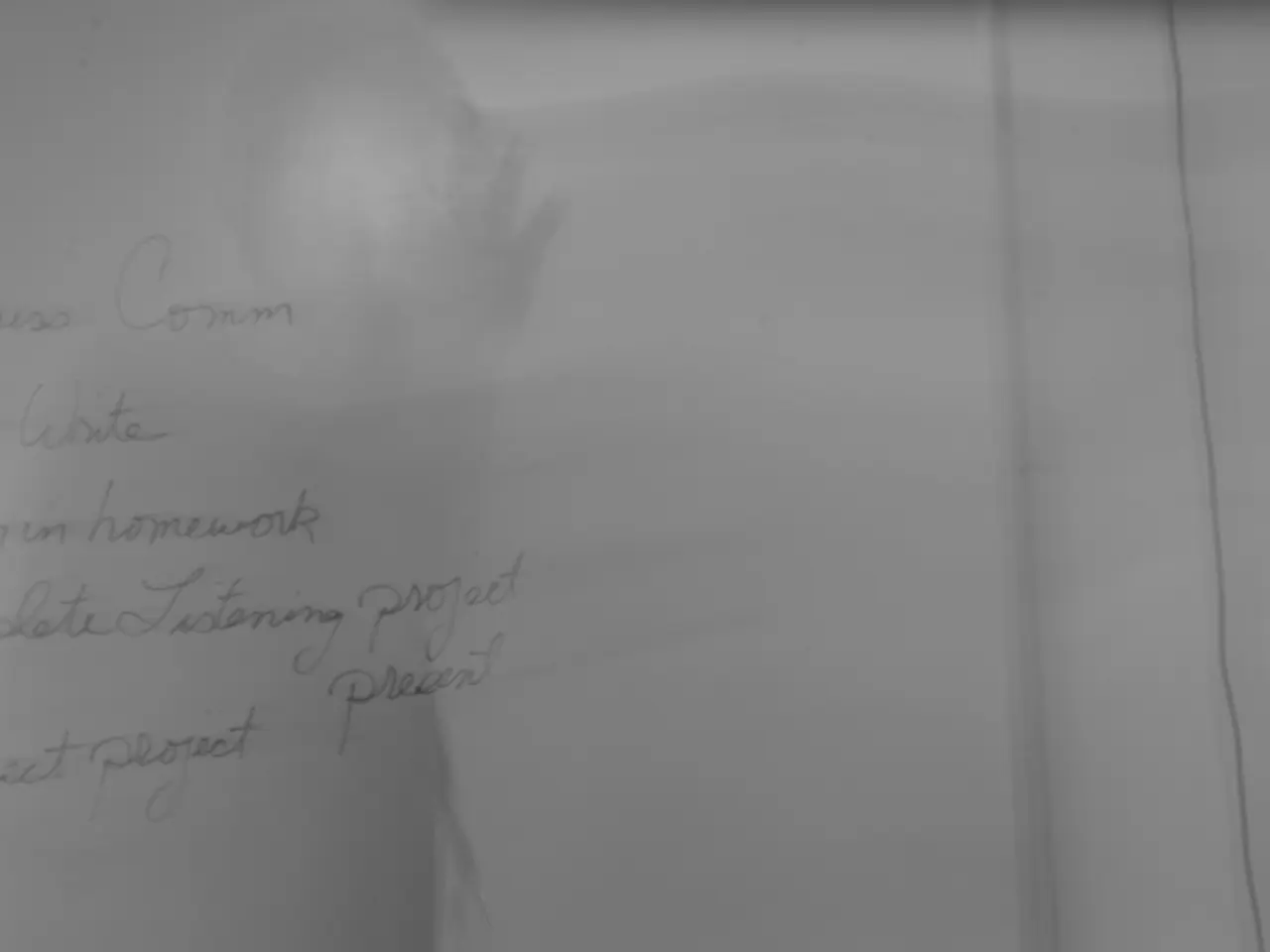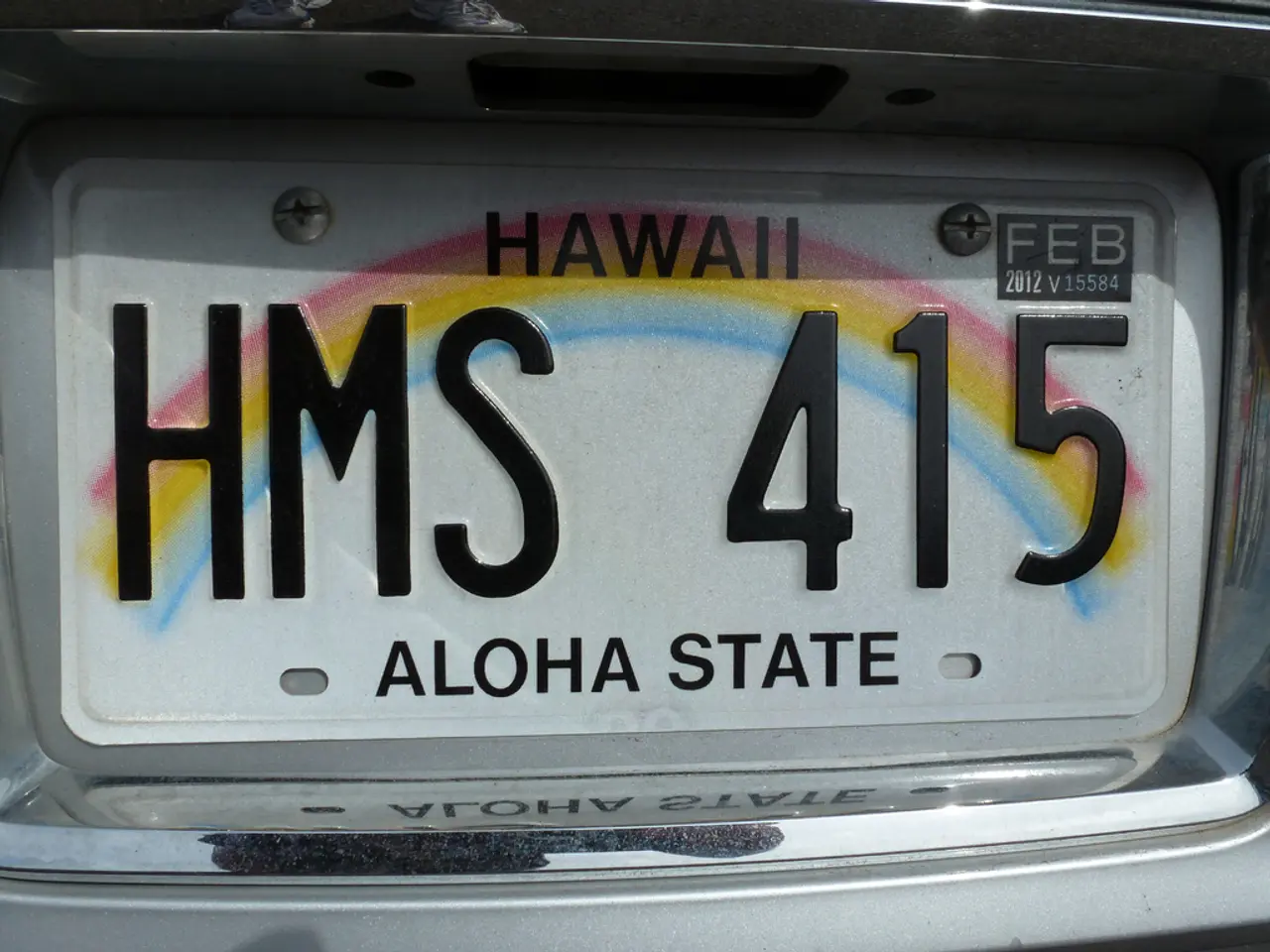Countries with High Risks for Money Laundering
The Financial Action Task Force (FATF), an international watchdog that combats financial crime in over 200 countries, has identified a number of high-risk countries and grey-listed others as part of its efforts to protect the integrity of the global financial system.
High-Risk Countries
As of 2024, the FATF's "black list" or High-Risk Jurisdictions Subject to a Call for Action, includes North Korea (DPRK), Iran, and Myanmar. These countries have been identified with significant deficiencies in their anti-money laundering (AML), combating the financing of terrorism (CFT), and proliferation financing regimes.
North Korea remains under serious concern due to its failure to address AML/CFT deficiencies and ongoing illicit activities related to weapons of mass destruction proliferation. Iran and Myanmar, on the other hand, continue to be on the blacklist because of their non-cooperation and high risks of money laundering and terrorism financing.
Grey-Listed Countries
The FATF's grey list, or Jurisdictions Under Increased Monitoring, comprises countries with identified AML/CFT deficiencies but which are actively working with the FATF to improve their frameworks. As of mid-2025, 24 countries including Algeria, South Africa, Bulgaria, Syria, Yemen, and others are on this list, reflecting ongoing monitoring and engagement efforts.
Enhanced Due Diligence and Financial Sanctions
The FATF enforces counter-measures against countries on the black list, including enhanced due diligence and targeted financial sanctions. Enhanced Due Diligence (EDD) requires additional checks, such as verification of sources of wealth and funds.
Companies dealing with customers from high-risk countries should be aware of potential financial sanctions and apply a risk-based approach. Regulators worldwide require companies to apply EDD measures in any transaction or business relationship with a person established in a high-risk third country.
Industries at Risk
Certain industries are considered higher risk for money laundering and terrorist financing, including banking and financial services, casinos and gambling, precious metals and stones dealers, real estate, virtual assets and cryptocurrencies, money services businesses, legal and accounting services, art and antiquities dealers, non-profit organizations, and high-value goods dealers.
Regulated Financial Institutions
Regulated financial institutions are legally bound to follow international and local AML/CTF standards. Businesses can use high-risk country ratings to determine risks associated with customers, corporate customers, and transactions, and take necessary precautions.
The FATF's latest country report was published in June 2024. For a comprehensive list of countries and their status, please refer to the following table:
| FATF List | Countries (2024/2025) | Description | |---------------------|-------------------------------------------------------|-------------------------------------------------| | Black list (High-risk) | North Korea (DPRK), Iran, Myanmar | Jurisdictions with serious AML/CFT deficiencies; uncooperative; high global risks | | Grey list | Algeria, Angola, Bolivia, Bulgaria, Burkina Faso, Cameroon, Côte d’Ivoire, DR Congo, Haiti, Kenya, Laos, Lebanon, Monaco, Mozambique, Namibia, Nepal, Nigeria, South Africa, South Sudan, Syria, Tanzania, Venezuela, Vietnam, Yemen, Monaco (new addition), and Venezuela (new addition) | Countries with AML/CFT shortcomings but working with FATF on reforms |
[1] FATF, 2024 Country Reports
[2] FATF, 2024 Country Reports
[3] FATF, 2024 Country Reports
[4] FATF, 2024 Country Reports
[5] FATF, 2024 Country Reports
Companies dealing with business in high-risk countries, such as those on the FATF's blacklist (North Korea, Iran, and Myanmar), should be aware of the need for Enhanced Due Diligence (EDD) and potential financial sanctions. Additionally, certain industries, particularly banking and financial services, casinos and gambling, precious metals and stones dealers, real estate, virtual assets and cryptocurrencies, money services businesses, legal and accounting services, art and antiquities dealers, non-profit organizations, and high-value goods dealers, are at a higher risk for money laundering and terrorist financing. Therefore, businesses should use high-risk country ratings to determine risks associated with customers, corporate customers, and transactions, and take necessary precautions.




